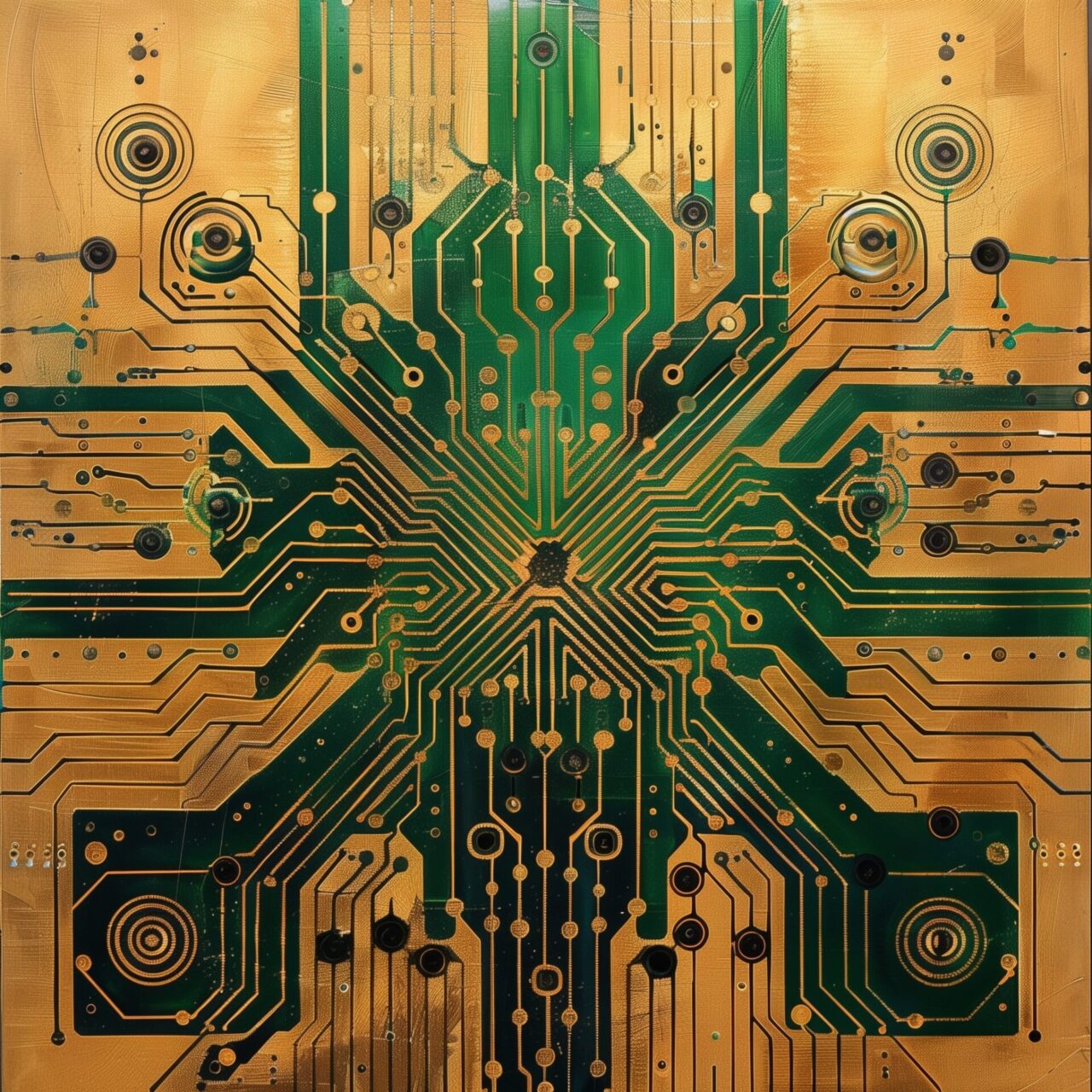
Quantum computer
Quantum computers, an embodiment of the interface between quantum mechanical quirkiness and computational finesse, are nothing less than the frontline of a technological revolution. They promise to fundamentally change the way we process data and could turn our digital lifestyles upside down in the coming decades. But what is behind these mysterious machines that are both fascinating and disconcerting?
What is a quantum computer?
A quantum computer utilises the principles of quantum mechanics to process information. While a classical computer works with bits that assume either the state 0 or 1, a quantum computer operates with qubits. These qubits can take on several states simultaneously through superposition and interact with each other through entanglement. This enables quantum computers to solve problems that are practically unsolvable for classical computers.
The pioneers of quantum computing
The theoretical foundations for quantum computers were laid back in the 1980s, but it is only in recent years that technology giants such as IBM, Google and Microsoft, as well as a number of start-ups, have made serious progress in the development of practical quantum computers. In 2019, Google claimed to have achieved “quantum supremacy” by having a quantum computer solve a problem that would be virtually impossible for the most powerful supercomputer.
From the utopian to the realistic
The potential applications of quantum computers are diverse and revolutionary. They range from optimising complex systems and developing new drugs and materials to solving complex mathematical problems. In cryptography in particular, quantum computers could render existing security mechanisms obsolete, as they would be able to crack today’s standard encryption methods in a fraction of the time previously required.

Challenges
Despite all the excitement, quantum computers face considerable technical challenges. Qubits are extremely susceptible to external interference, which can lead to errors in computation. The need to keep them at extremely low temperatures close to absolute zero makes quantum computers bulky and expensive devices. Sceptics therefore question whether the broad application of quantum computers will ever go beyond specialised niches.
Future prospects
The future of quantum computers is as uncertain as the states of the qubits themselves. While some experts predict that quantum computers will revolutionise the way we think about data and problem solving, others warn of a new information processing arms race that could lead to new global security risks.
Quantum computers remain a fascinating mix of theoretical promise and practical challenge. They are both a testament to human ingenuity and an example of the limits of our current technology. In the meantime, the world of quantum computing remains a kind of “Schrödinger’s Cat” of technology: simultaneously full of potential and unfathomably complex. What is certain is that their development will continue to be an exciting field for scientists, engineers and philosophers.


